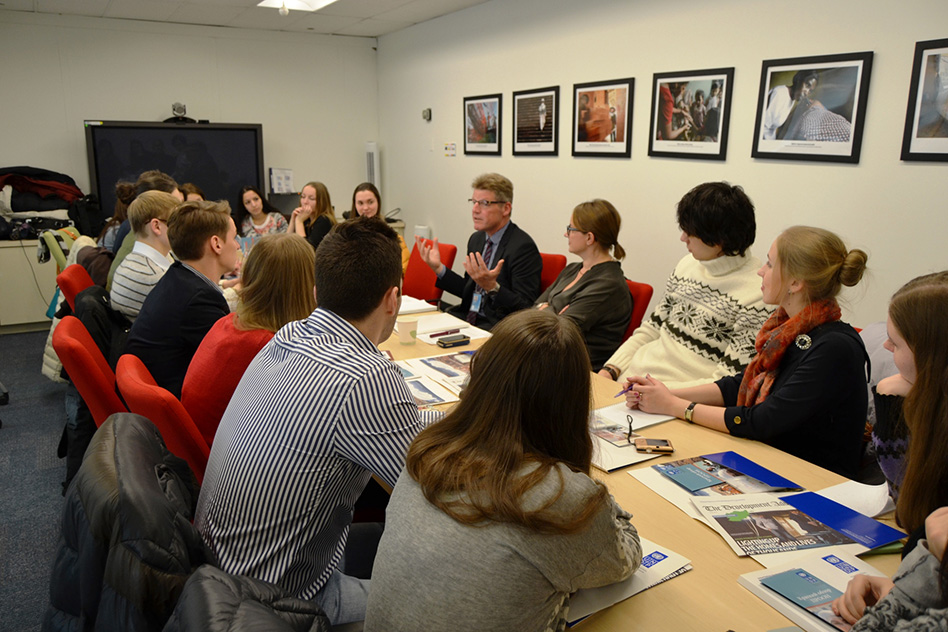
Decarbonize and diversify
How energy-intensive economies can survive and thrive as the globe ramps up climate action
Today Russia’s economy depends heavily upon its abundant fossil fuel resources. Russia is one of the world’s largest exporters of fossil fuels, and a number of its key exporting industries—including metals, chemicals and fertilizers—draw on fossil resources. The nation also consumes fossil fuels at a relatively high rate; it’s the world’s fourth largest emitter of carbon dioxide. As the world shifts away from fossil fuel production and consumption and toward low-carbon development aligned with the near- and long-term goals of the Paris Agreement, how might countries like Russia reshape their energy-intensive economies to avoid financial peril and capitalize on this clean energy transition?
In a new study in the journal Climate Policy, researchers at the MIT Joint Program on the Science and Policy of Global Change and Russia’s National Research University Higher School of Economics assess the impacts on the Russian economy of the efforts of the main importers of Russian fossil fuels to comply with the Paris Agreement.
The researchers project that expected climate-related actions by importers of Russia's fossil fuels will lower demand for these resources considerably, thereby reducing the country's GDP growth rate by nearly 0.5 percent between 2035 and 2050. The study also finds that the Paris Agreement will also heighten Russia's risks of facing market barriers for its exports of energy-intensive goods, and of lagging behind in developing increasingly popular low-carbon energy technologies.
Using the Joint Program’s Economic Projection and Policy Analysis (EPPA) model, a multi-region, multi-sector model of the world economy, the researchers evaluated the impact on Russian energy exports and GDP of scenarios representing global climate policy ambition ranging from non-implementation of national Paris pledges to collective action aligned with keeping global warming well below 2°C.
The bottom line: global climate policies will make it impossible for Russia to sustain its current path of fossil fuel export-based development.
To maintain and enhance its economic well-being, the study’s co-authors recommend that Russia both decarbonize and diversify its economy in alignment with climate goals. In short, by taxing fossil fuels (e.g. through a production tax or carbon tax), the country could redistribute that revenue to the development of human capital to boost other economic sectors (primarily manufacturing, services, agriculture and food production), thereby making up for energy sector losses due to global climate policies. The study projects that the resulting GDP increase could be on the order of 1-4 percent higher than it would be without diversification.
“Many energy-exporting countries have tried to diversify their economies, but with limited success,” says Sergey Paltsev, deputy director of the MIT Joint Program, senior research scientist at the MIT Energy Initiative (MITEI) and director of the MIT Joint Program/MITEI Energy-at-Scale Center. “Our study quantifies the dynamics of efforts to achieve economic diversification in which reallocation of funds leads to higher labor productivity and economic growth—all while enabling more aggressive emissions reduction targets.”
The study was supported by the Basic Research Program of the National Research University Higher School of Economics and the MIT Skoltech Seed Fund Program.
Photo: Russian students from Tyumen State University. Human capital development in Russia through increased per-student expenditure could lead to long-term benefits in manufacturing, services, agriculture, food production and other sectors. (Source: United Nations Development Program)
